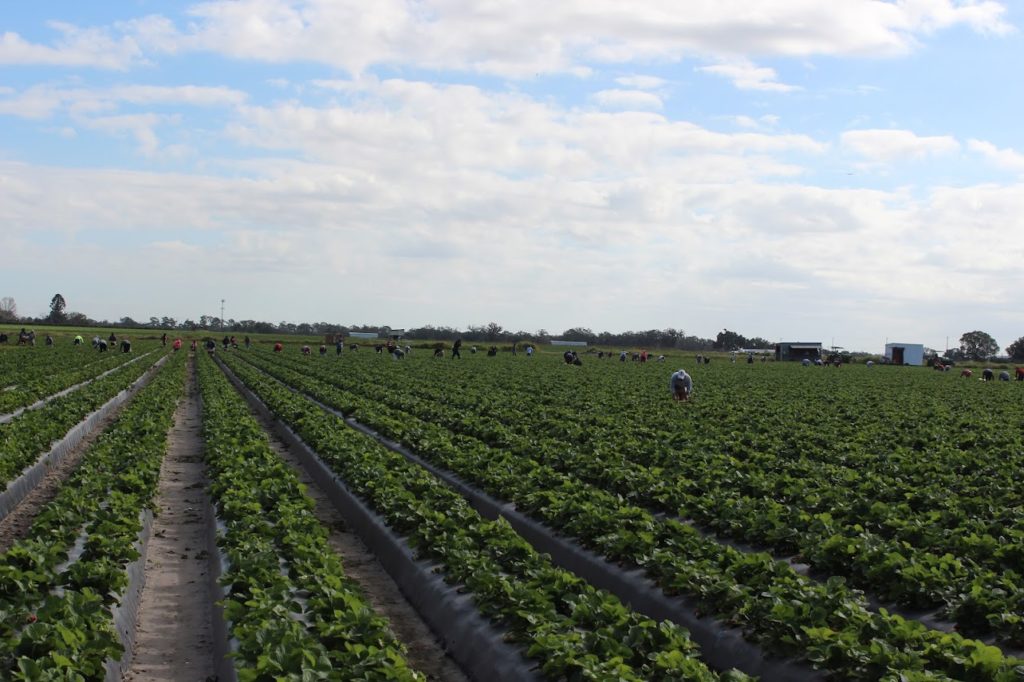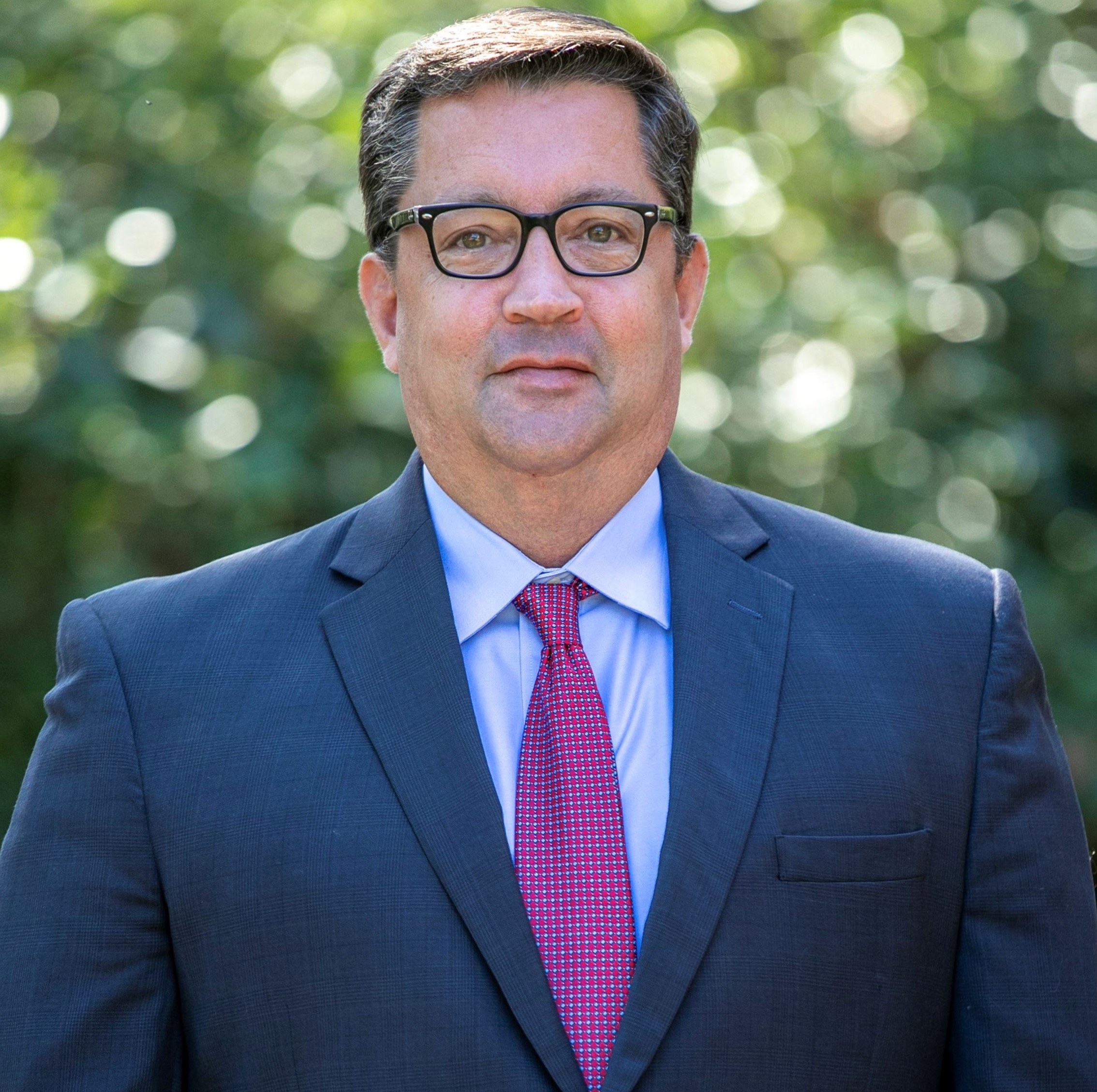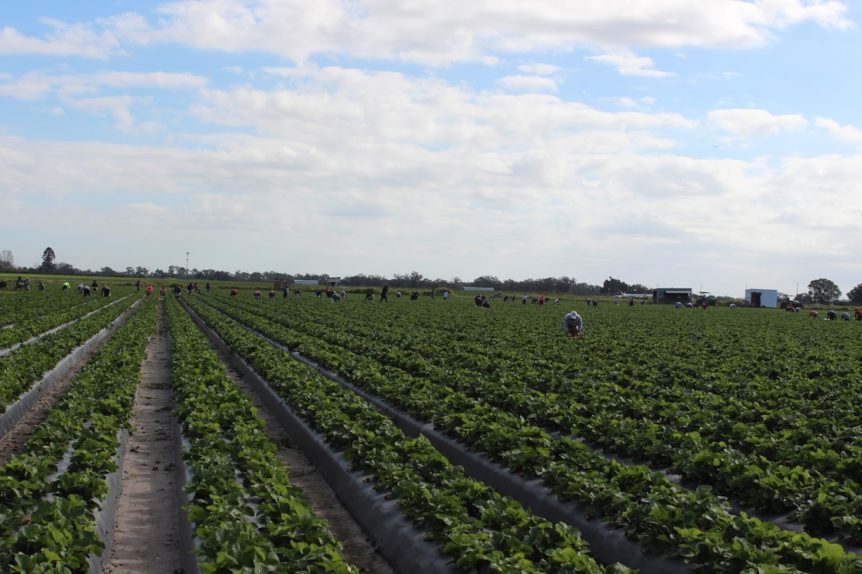
By Clint Thompson
Georgia’s bill to restrict foreign ownership of land is an important piece of legislation impacting food and national security.
SB420 seeks to limit property rights for certain foreign ‘agents’ and entities by prohibiting them from purchasing land used for farming or within a 10-mile radius of a military base or installation. It refers to those considered a foreign adversary, specifically China, Russia, North Korea, Venezuela, Cuba and Iran.
Georgia Senator Russ Goodman commented on the proposed legislation which is still awaiting signature from Georgia Governor Brian Kemp.
“In 2010, the Chinese owned about 12,000 acres in the United States, and it’s about 400,000 acres today. The total ownership of land just by foreign entities period is about equivalent to the state of Georgia,” Goodman said during a webinar on Tuesday highlighting the legislative session. “None of us can go to China and buy farmland. You can buy a residential home, there but it’s a two-year process to be able to buy a residential home in China as an American citizen.

“How could anybody say that an agent of the Chinese government could own land within 10 miles of a military installation is not a national security issue. You have a Chinese firm that bought 160 acres next to an Air Force base in North Dakota that does cutting-edge drone technology, and they’re going to put in a feed mill. Everybody that knows anything about agriculture knows that the feed mill business isn’t so good that you go 8,000 miles away from home to go to the feed mill business, much less put it next to a military installation.”
Food Security Impact
Chris Butts, executive director of the Georgia Fruit and Vegetable Growers Association, which hosted this week’s webinar, describes the issue as a food security impact as well.
“I hearken it back to our issues with imports, it really comes down to national security, food security and nations that don’t have our best interests at heart are the ones coming to look to buy this land. Protecting that farmland to ensure our growers have the land that they need to produce the food that we need while protecting our military and other sensitive installations is key when we have countries that are looking not for our best interests but only looking out for theirs,” Butts said.










